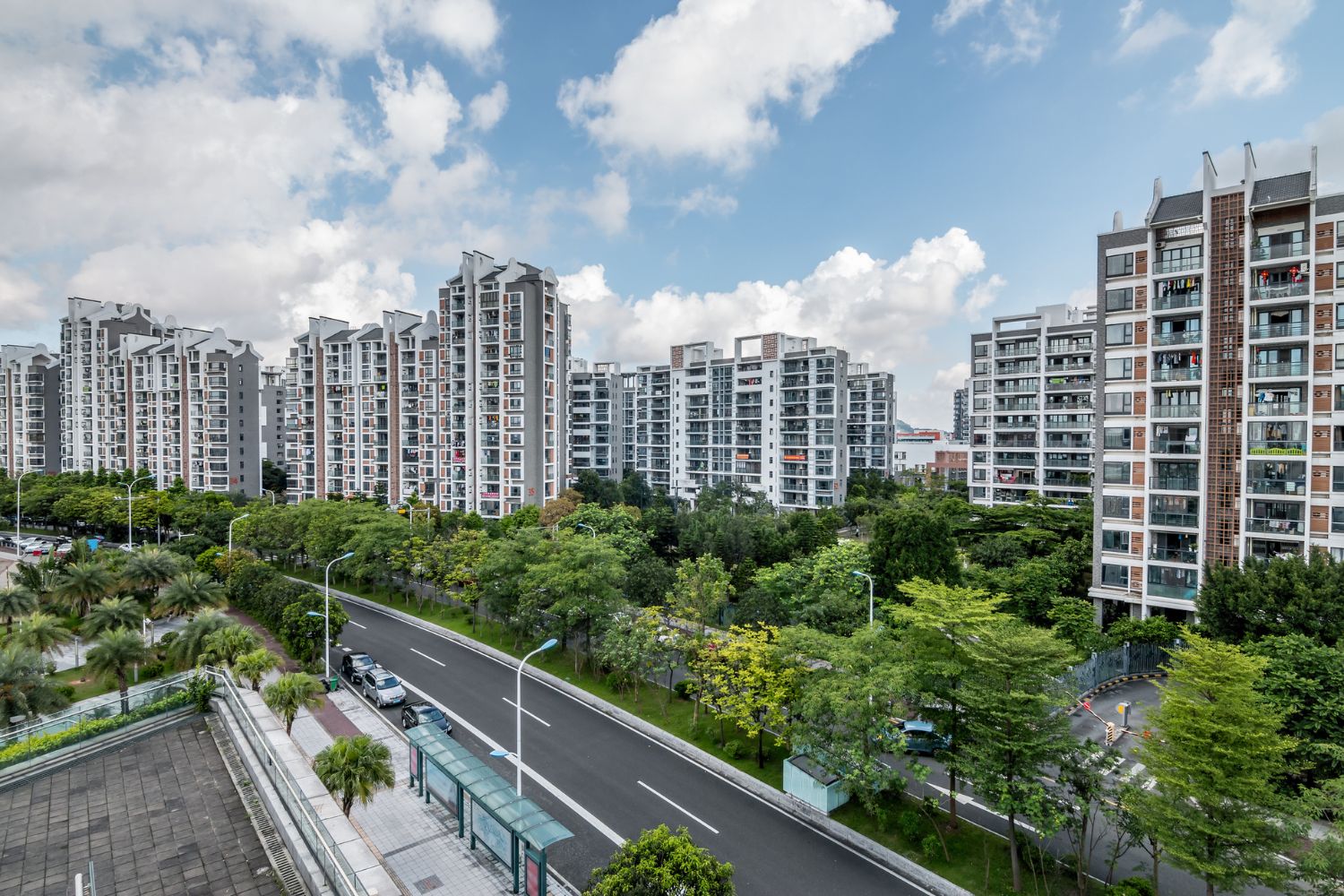The middle class in China has long been considered a pillar of economic stability and growth, when it comes to the real estate market. Researchers at Southwestern University of Finance and Economics in Chengdu, Sichuan province, found that their index of families’ future spending expectations was even lower than the early days of the Covid-19 pandemic. The acquisition of property has been seen not only as a means of securing financial stability but also as a critical element of personal and familial success for decades, but things have changed lately.
Several factors contributed to this shift in sentiment, including economic volatility, government policies, and changing social dynamics. The survey found that the index of spending expectations fell to 101.9 in the first quarter of this year, down from 103.0 in the fourth quarter of 2023. The study highlighted a notable reluctance amongst households towards real estate investment, with fewer families purchasing new homes compared to previous quarters.
Only a small percentage intend to buy property in the near term, while a substantial portion prefer adopting a cautious ‘wait-and-see’ stance. For some, they prefer delaying the purchase of property until the market stabilises or until they have accumulated sufficient savings to make a substantial down payment. Others are exploring alternative investment opportunities, such as stocks or mutual funds, which offer the potential for higher returns without the risks associated with property investments.
The COVID-19 pandemic has further amplified uncertainties in the property market. The economic disruptions caused by the pandemic have led to job losses and reduced incomes for many middle-class families. This has made it even more difficult for them to afford property and has heightened concerns about the long-term stability of the real estate market. The pandemic has also accelerated the adoption of remote work, leading to changes in housing preferences.
There is now a greater demand for properties in suburban or rural areas, where individuals can enjoy a higher quality of life and more spacious living conditions. This shift in demand has created disparities in property prices between urban and non-urban areas, adding another layer of complexity to the decision-making process for potential buyers. In recent years the Chinese economy has experienced significant fluctuations, marked by periods of rapid growth followed by slowdowns.
These economic shifts have created a climate of uncertainty, particularly in the real estate sector. Property prices in many major cities have skyrocketed, making it increasingly difficult for the middle class to afford homes. This has led to concerns about the sustainability of such high prices and fears of a potential market crash. The debt levels of Chinese households have also increased substantially, driven in part by the desire to invest in real estate. High levels of debt have made many middle-class families wary of further investment in property, as they face the risk of being unable to service their loans if the economy takes a downturn.
The combination of high property prices and increasing debt levels has contributed to a cautious approach to property investment amongst the middle class. Government policies have played a significant role in shaping the real estate market in China. The government has implemented a range of measures aimed at cooling the overheated property market. These include tightening mortgage lending standards, imposing higher down payment requirements, and introducing property purchase restrictions in certain cities.
While these policies are designed to prevent speculative bubbles and ensure long-term stability, they have also made it more challenging for the middle class to purchase property. The government’s focus is now on promoting the development of affordable housing has shifted attention away from the high-end property market. While this is very beneficial for low-income families, it has created uncertainties for middle-class individuals who are looking to upgrade their living conditions or invest in property as a means of wealth accumulation for the future.
The unpredictability of future policy changes further exacerbates the sense of uncertainty amongst potential property buyers. The uncertainty surrounding property investments amongst China’s middle class is a reflection of broader economic, policy, and social changes. Economic volatility, government policies aimed at cooling the market, and changing social attitudes have all contributed to a cautious approach to property investment. The impact of the COVID-19 pandemic has further exacerbated these uncertainties, leading to a more complex and unpredictable real estate landscape. While the desire for home-ownership remains, the path to achieving it is becoming more complex and requires careful consideration of various factors.
ALSO READ: Shanghai Woo’s Global Shoppers













